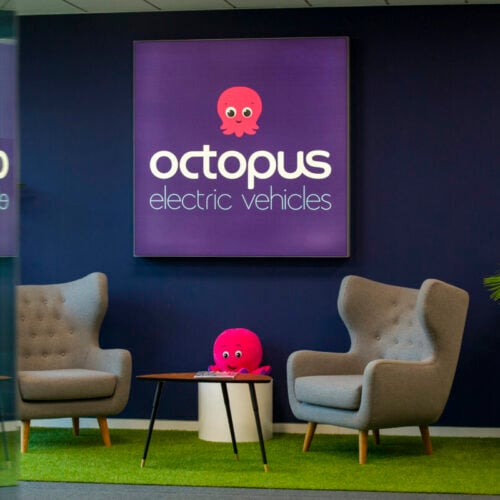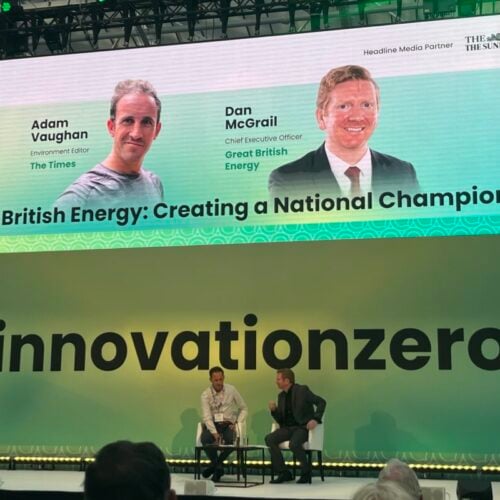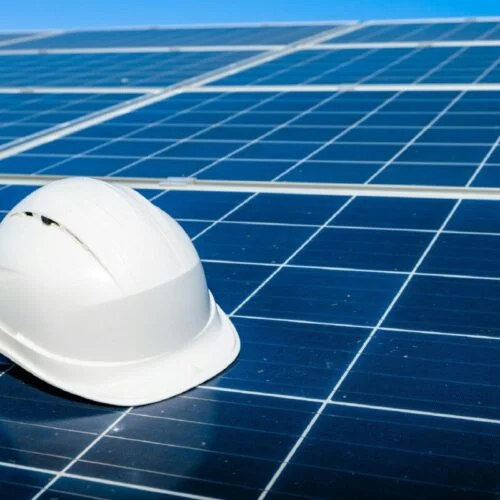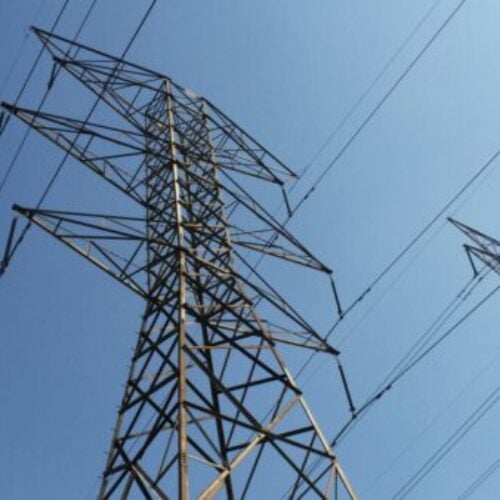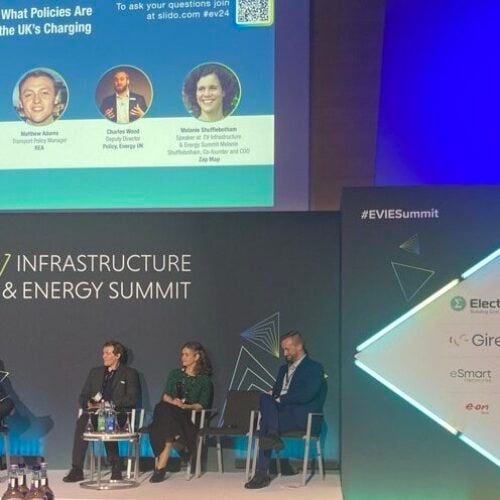The Energy Industries Council (EIC) has released a damning new report revealing that oil and gas (O&G) projects are “more valuable and more likely to proceed with full funding than renewables”.
Dubbed the 7th Survive and Thrive report, technologies such as wind, solar and hydrogen are all being left behind in scale of importance compared to O&G assets. This revelation comes coupled with EIC’s belief that the fossil fuel industry is “experiencing a period of significant growth and a return to boom times”.
This, of course, is detrimental to the development of many renewable technologies across the UK with EIC’s Financial Investment Decision (FID) data indicating that transitional technologies have much lower rates.
According to the report’s data, “O&G segments, including upstream, midstream, and downstream, have the highest FID rates, averaging around 20% for projects with startup dates between this year and 2028”.
In comparison to this, the report details that renewable energy and transitional technologies had much lower FID ratings. For instance, offshore wind stood at 8%, hydrogen at 3%, carbon capture at 2% and floating offshore wind at just 1%.
This is having an effect on several sectors – in particular energy supply chain businesses. Without enough renewable energy projects being developed many are supporting O&G assets to keep their books balanced.
On this topic, Stuart Broadley, CEO of the Energy Industries Council, said: “They [energy supply chain businesses] can’t wait for policy pledges anymore, so they look to more active markets like O&G to support their growth plans.
“This is such a lost opportunity. The supply chain wants to be part of, and to drive, net zero solutions, but opportunities just aren’t there, in anything like enough volume or profitability.
“It’s high time for a reality check. We ask governments and energy policy makers to act now, to bring stakeholders together to address this energy policy crisis, to re-ignite funded demand for clean energy products and services, and to provide the right policy environment that encourages investment, innovation and the seeding and rooting of future, worldclass, green-technology exporting businesses.”
Renewable investment and missing climate targets have been a hot topic for the UK in recent months. Earlier this week (25 July), Current± reported that Ireland must secure almost 1GW of additional capacity at every renewable energy auction until 2030 to avoid missing climate targets, according to Cornwall Insight.
This highlights the difficulties facing the energy supply chain industry. A lack of movement and the slow rollout of renewable projects, largely driven by a lack of investment, have forced energy supply chain businesses to consider supporting O&G assets when they could be using their expertise to support the expansion of renewables.
Alongside Cornwall Insight’s analysis, the Public Accounts Committee (PAC) also took aim at the slow rollout of renewable projects in the UK with the organisation having stated that it was “sceptical” over whether expansion plans for nuclear, solar and wind were credible.
Central to this is a lack of an “integrated and coherent delivery plan” that could be used to incentivise further investment and expansion by the renewables industry. Doing so could bolster efforts to scale renewable generation capacity and increase investor confidence enough to see a sharp increase in project development.

